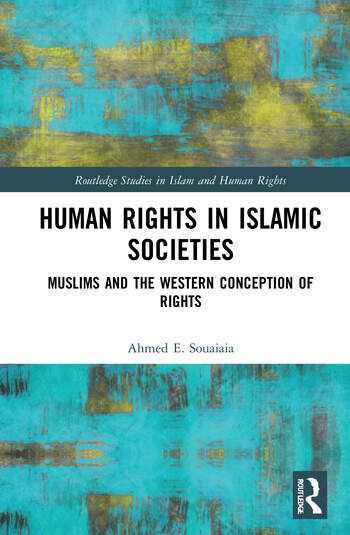
This book compares Islamic and Western ideas of human rights in order to ascertain which human rights, if any, can be considered universal. This is a profound topic with a rich history that is highly relevant within global politics and society today.
The argument in this book is formed by bringing William Talbott’s Which Rights Should Be Universal? (2005) and Abdulaziz Sachedina’s Islam and the Challenge of Human Rights (2014) into conversation. By bridging the gap between cultural relativists and moral universalists, this book seeks to offer a new model for the understanding of human rights. It contends that it is a universal tendency toward cruelty that produces universal counter-cruelty. Thus, a dynamic equilibrium is created that can be made to endure for as long as the power differential does. It goes on to state that the persistent impulse to inflict cruel acts is checked only by the commitment of citizens to check the powerful--the State--with civil society.
Engaging with Islamic and Western, historical and contemporary and relativist and universalist thought, this book is a fresh take on a perennially important issue. As such, it will be a first-rate resource for any scholars working in Religious Studies, Islamic Studies, Middle East Studies, Ethics, Sociology and Law and Religion.